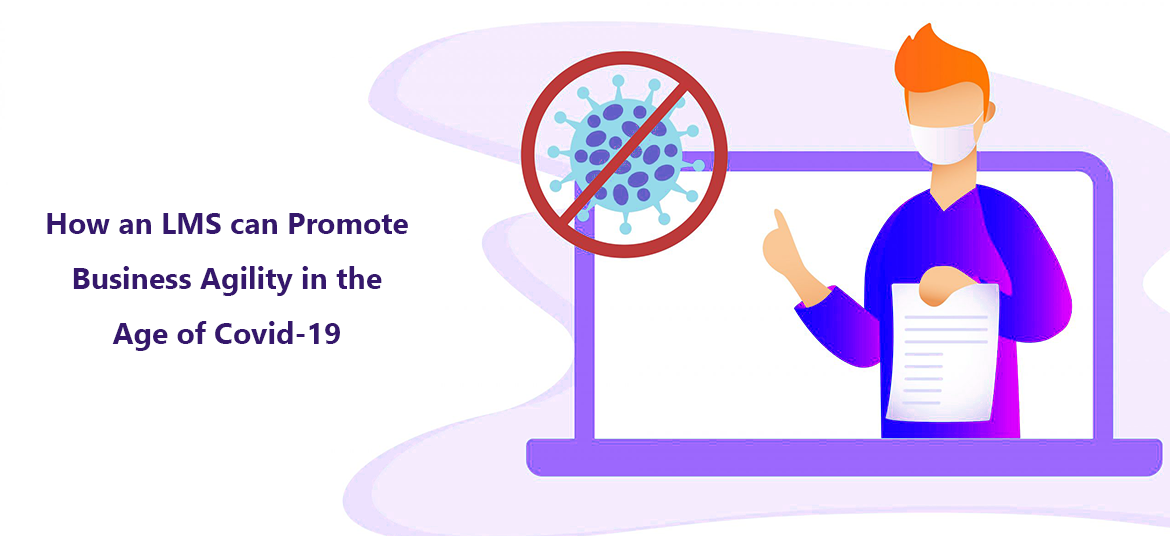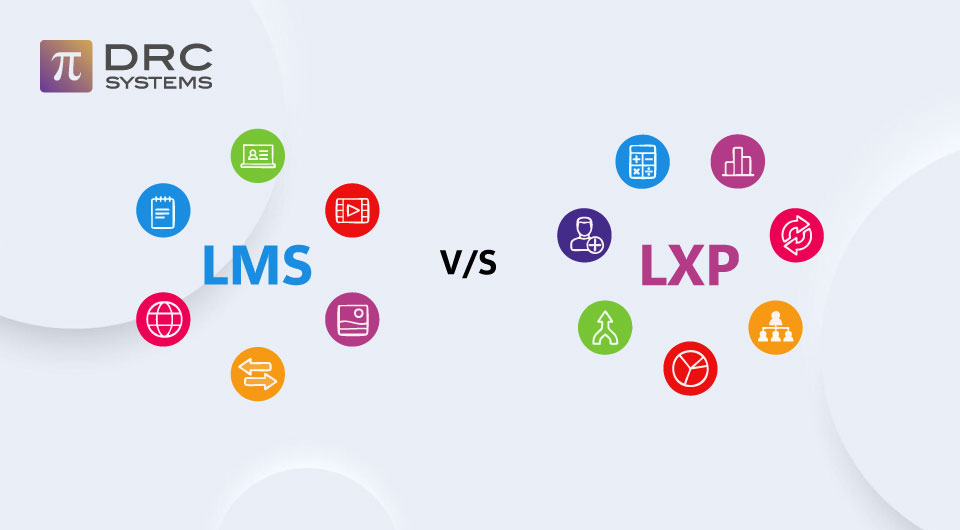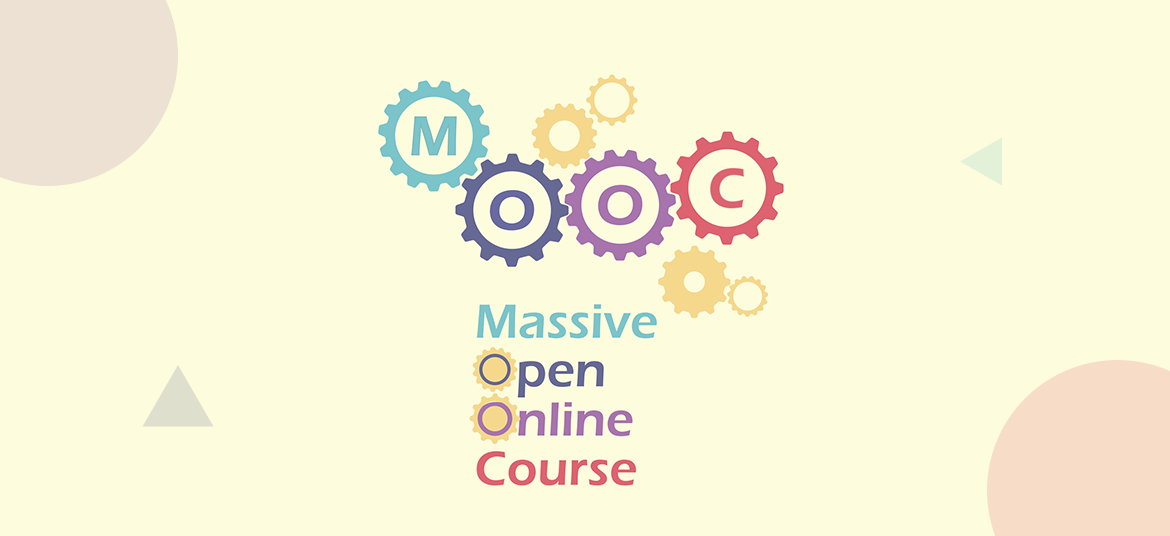Related Articles
LMS vs LXP: Why Open edX is the Best of Both Worlds for Businesses
Companies cannot thrive without a talented workforce. How do employees become proficient? Through the right training—here’s why investing in the…
Read The PostTop 10 Reasons To Take A MOOC In 2021
Why are MOOCs so popular? How can these courses help you stay ahead of the traditional learners? Discover the top 10 reasons to take MOOCs and upskill yourself in 2021.
Read The PostOpen edX vs Moodle: What Separates Them?
When the question arises about which is the best online learning platform for the world, two platforms are widely talked…
Read The Post


